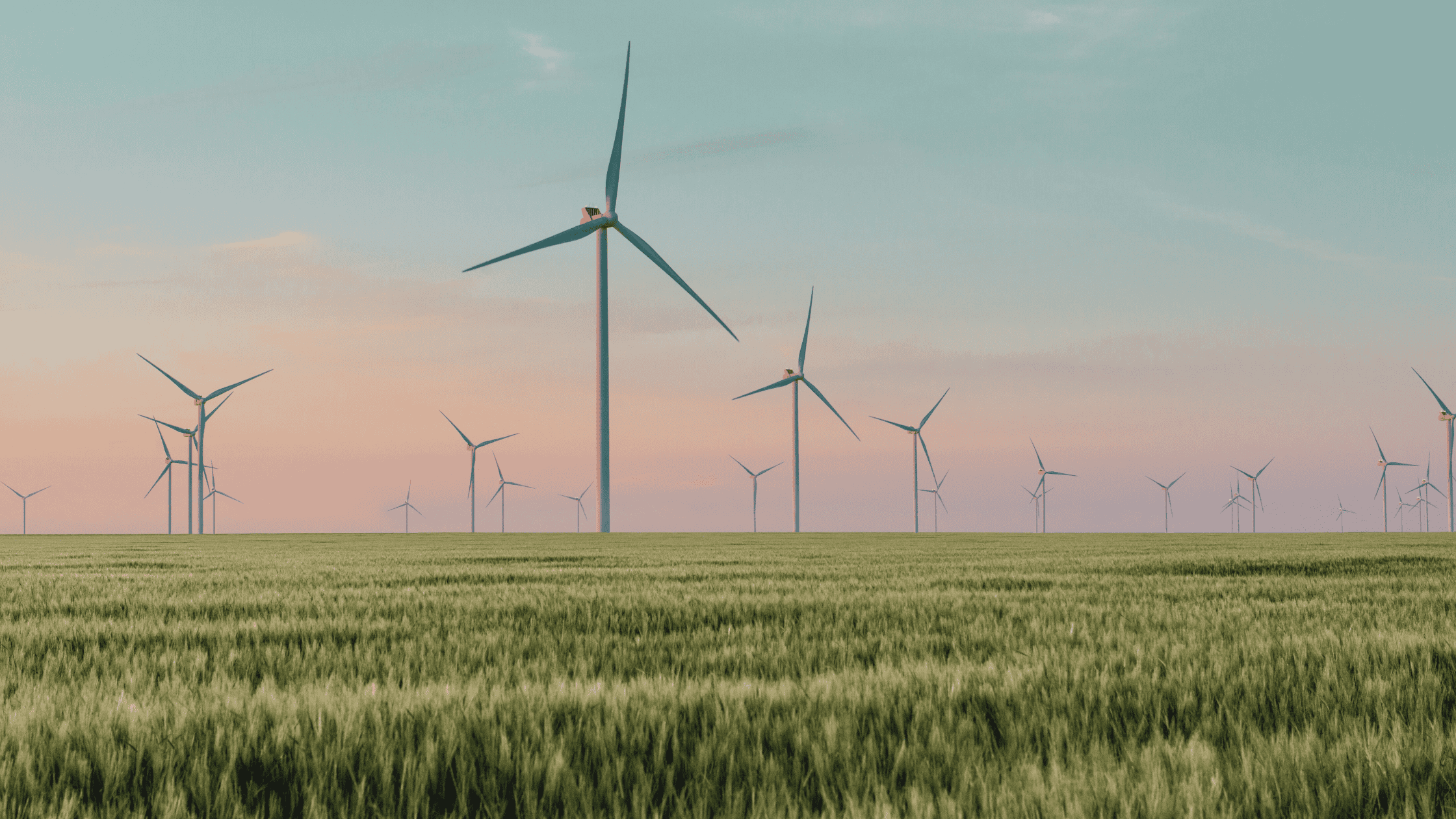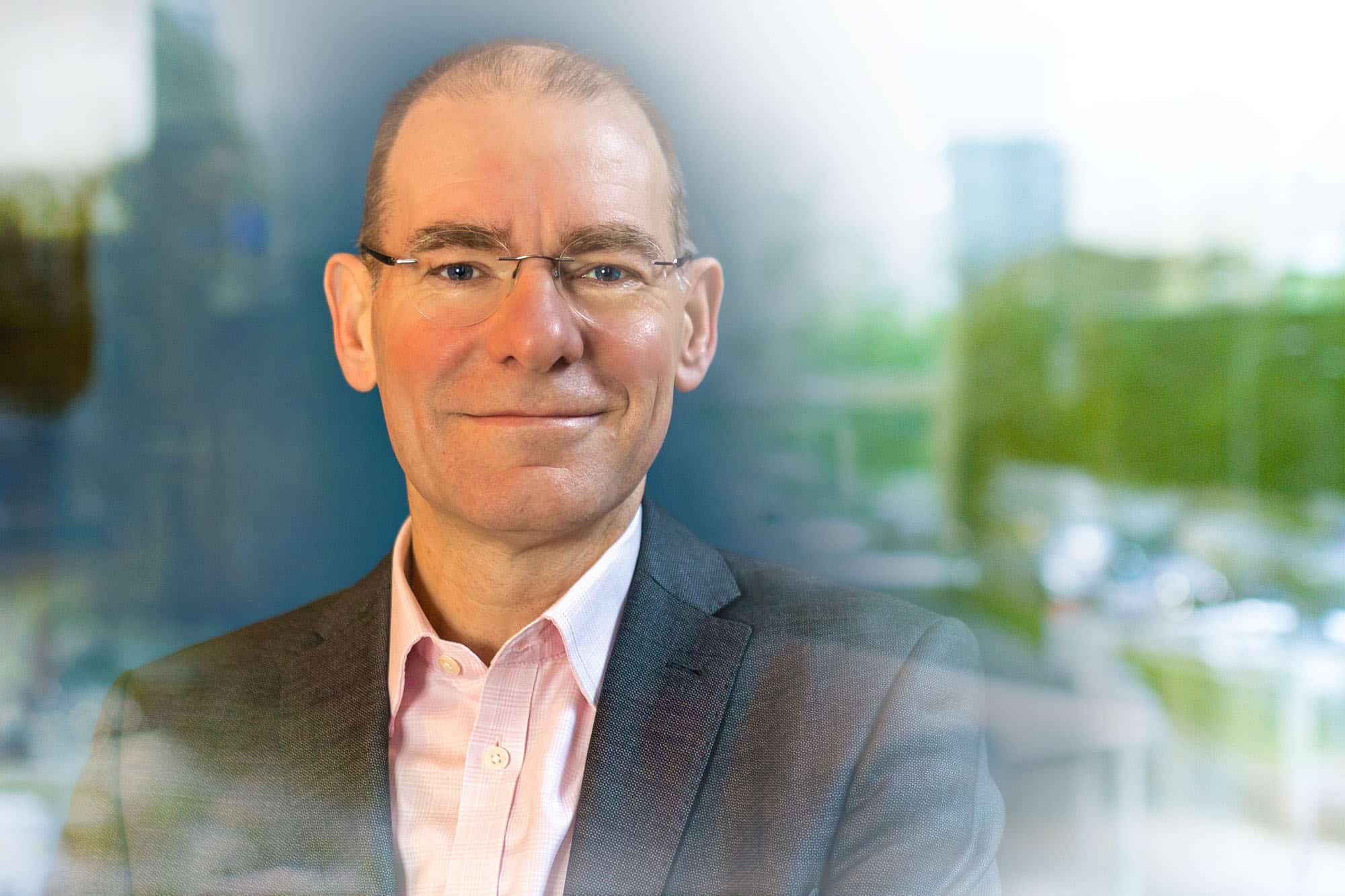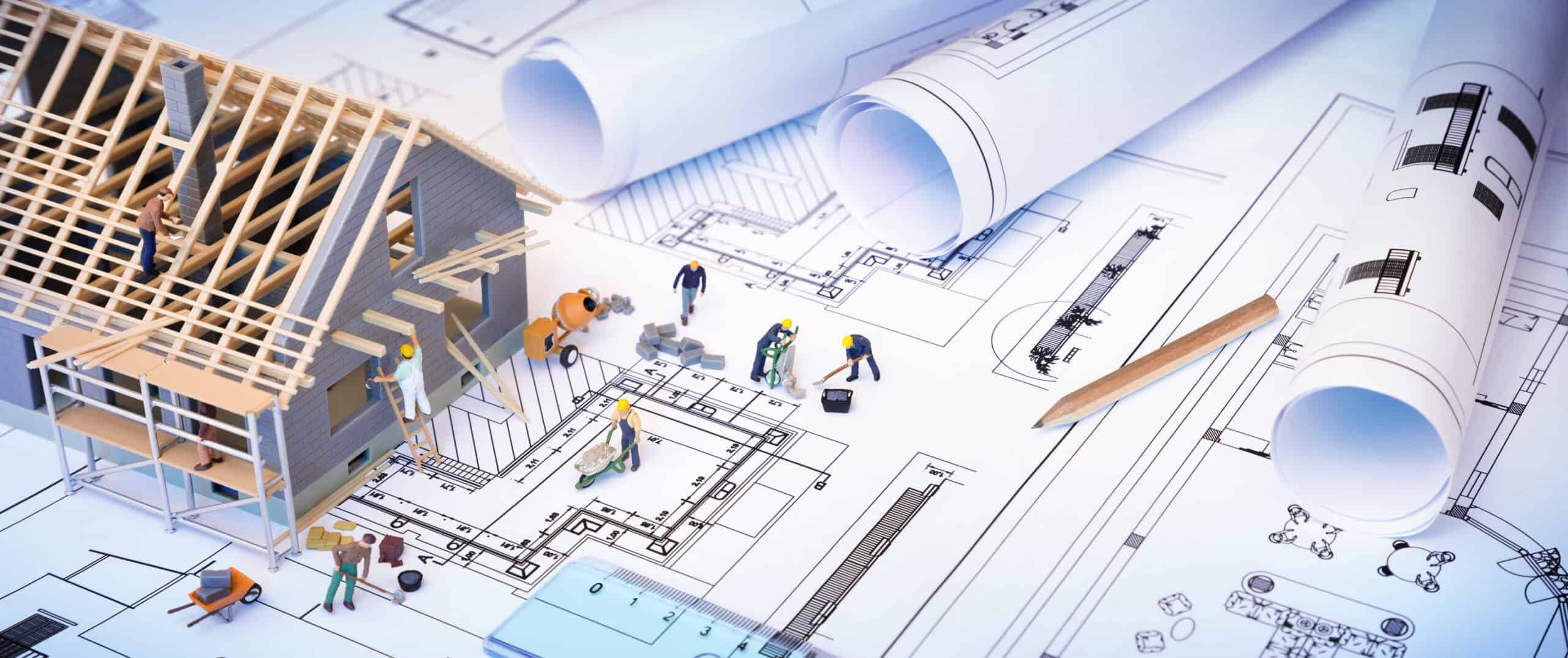
Business must show leadership for green growth
Menno’s view: a perspective on green growth Green growth of the economy

In the Netherlands, we are very clear about what we don’t want. There should be no pollution. No nitrogen. No fossil fuels. And no CO2 storage. However, if we want to maintain our prosperity, we cannot say “no” to everything. What we see as waste today could soon become a valuable raw material, writes Menno Snel, partner at Hague Corporate Affairs.
Yes, we need to move away from fossil fuels to combat climate change. But no, this transition cannot happen overnight. Consider this: 90% of Dutch households still rely on natural gas for cooking or heating. This highlights that the energy transition is a long-term process. Abandoning fossil fuels before alternatives are ready would leave people quite literally in the cold.
The urgency of climate change makes it necessary to reduce CO2 emissions faster than we can eliminate gas from homes and businesses. CO2 capture and storage (CCS) thus becomes an essential part of climate policy. Opponents of CCS worry that it may extend the life of the fossil fuel industry. But is fossil energy still harmful if its CO2 is effectively neutralized?
Had we started climate policy earlier, CCS might not have been necessary. We can discuss the missed opportunities, but the fact remains that CCS can play a critical role in limiting global warming.
Combining CCS with biomass offers an opportunity for negative emissions. Plants and trees absorb CO2 from the atmosphere as they grow. If we capture and store the CO2 released during biomass combustion, we effectively remove carbon from the atmosphere.
The Netherlands is bursting with (almost) empty natural gas fields. With reasonably simple technical modifications, we can make these suitable for safely storing CO2. The Porthos project now being worked on in the Dutch part of the North Sea is just the beginning.
All the CO2 we will store underground in the coming years or perhaps decades could prove to be very useful. Because while the use of coal, oil and natural gas is being phased out, we need alternative carbon sources. After all, we use ‘fossil’ not only as fuel, but also as raw material for fertilizers, all kinds of plastics and even medicines.
The green chemistry of the future will no longer process oil and gas, but will run on a mix of recycling, biomass and – yes – stored CO2. Seen this way, CCS is a way to make a quick impact with climate policy, but also a building block for a future-proof economy.


Menno’s view: a perspective on green growth Green growth of the economy

The construction sector is crucial for our prosperity and well-being, yet it